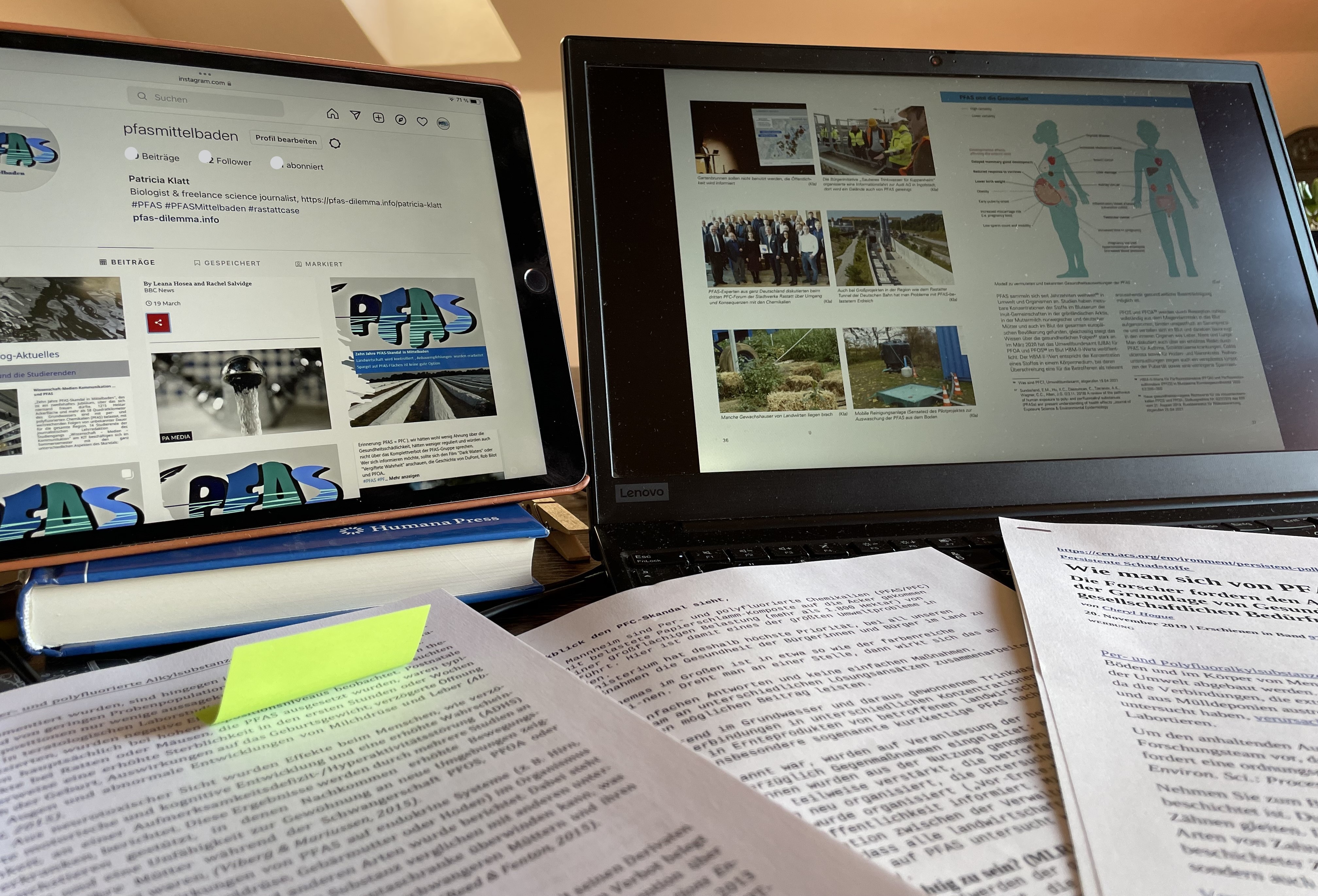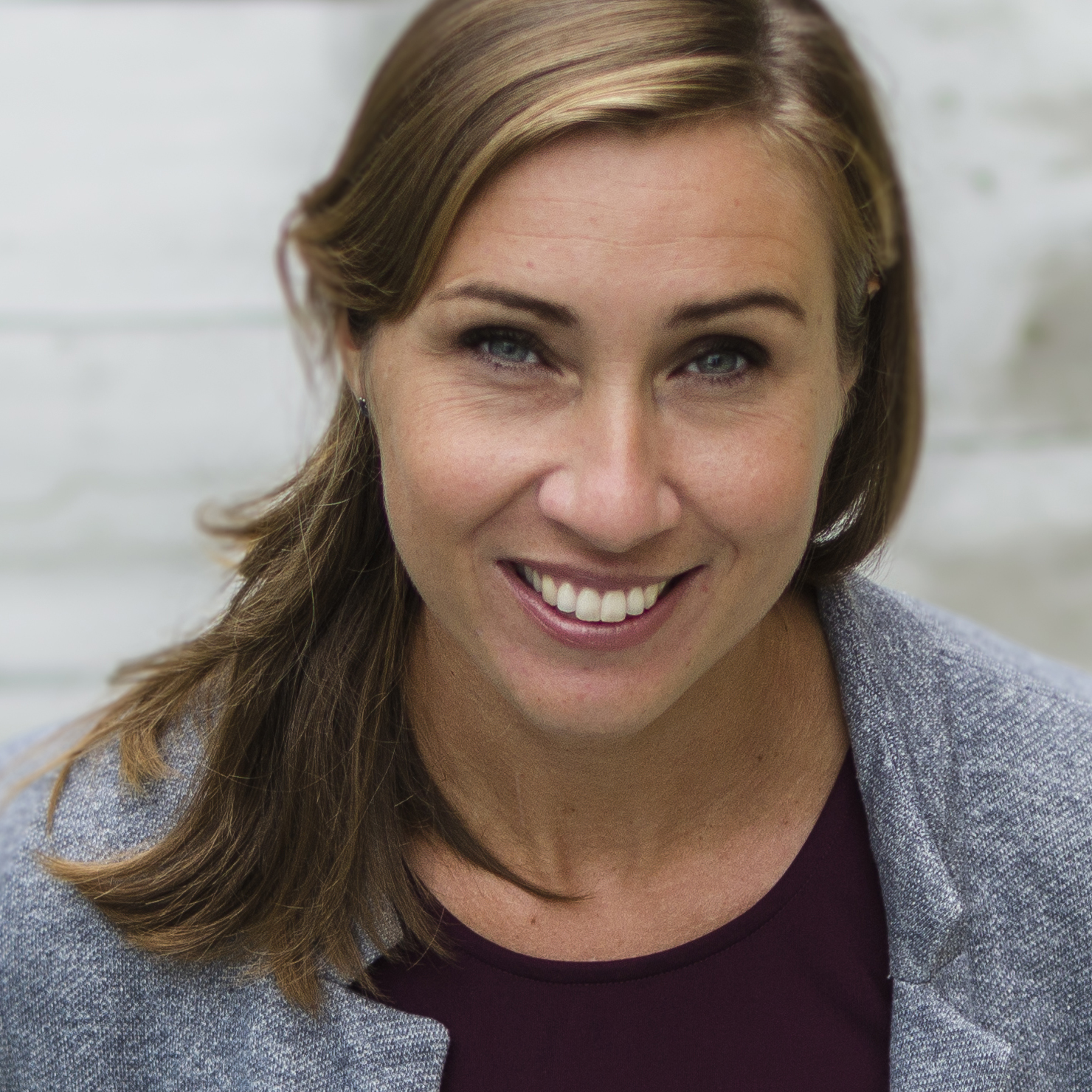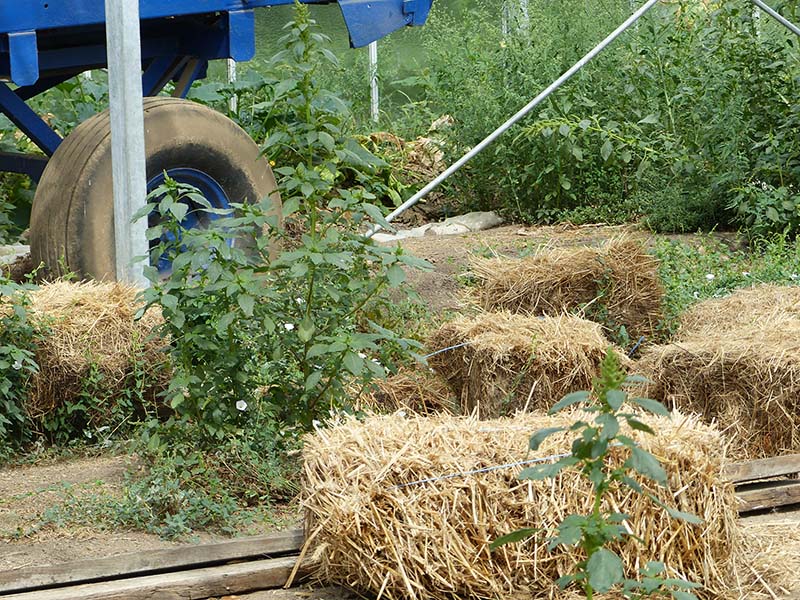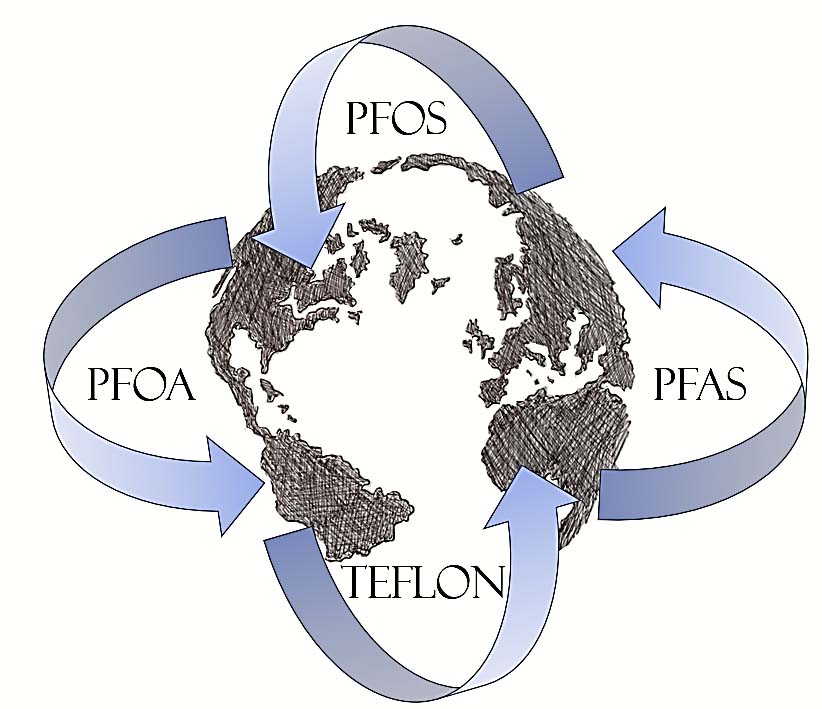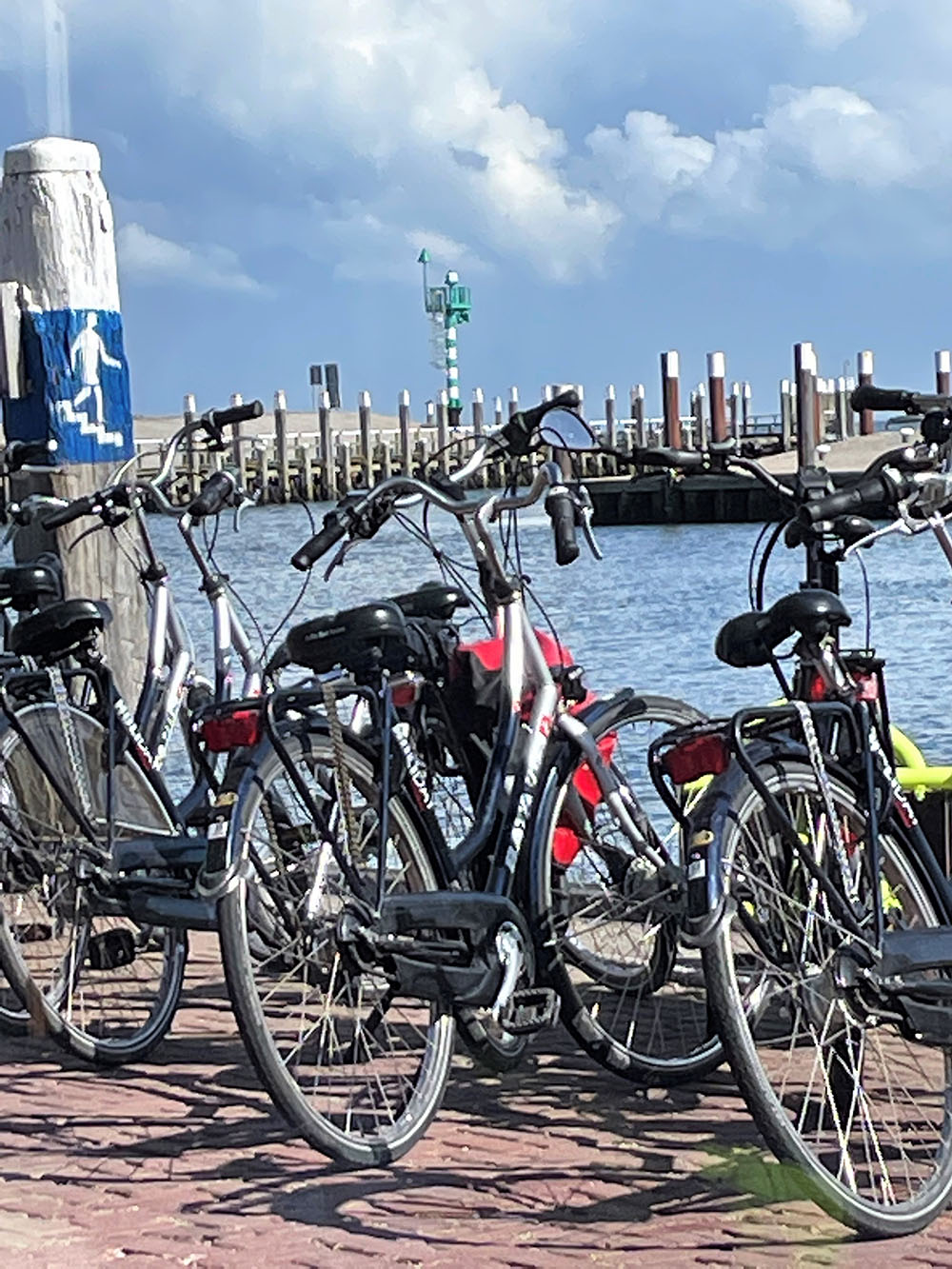Dr. Anna Lennquist has been a senior toxicologist and expert on chemicals management, policy and the underlying science at the non-profit environmental organisation ChemSec (see info box) since 2011, which advocates for the substitution of toxic chemicals with safer alternatives. These chemicals naturally include the large group of PFASs. ChemSec informs consumers and industry in very different ways and offers solutions and pathways for PFAS-free alternatives for policy makers, companies and investors. Anna Lennquist holds a PhD in ecotoxicology and also a degree in journalism from the University of Gothenburg, Sweden.
Anna, ChemSec offers a lot of different information, practical approaches and solutions in dealing with PFAS, can you tell us a bit about your work?
Much of our work is directed towards companies to inspire and help them with substituting harmful substances with safer alternatives. Here we offer a number of concrete online tools and guides. The last years much of this work has focused on PFAS and the substitution of PFAS with safer alternatives. We have also specifically developed a PFAS guide to help companies understand if they have PFAS in their processes and products, and what to do about it. We also gather companies that support a ban of PFAS in a group called the “PFAS movement” and we help companies to engage in the public consultation related to the proposed universal PFAS restriction.
We are also engaging with the investment community, and coordinate a group of financial investors that are asking chemical producers to stop the production of PFAS.
In parallel we also engage in different EU policy processes as stakeholder observers, where we bring the message that there are companies that want to, can and have already substituted PFAS.
How has the public's awareness of the large group of chemicals PFAS changed in recent years?
I think it is very different between countries and communities. If I meet new people in Sweden, I get surprised if they have heard about PFAS when I tell them about my work. Still, it is definitely mentioned much more in the public domain compared to a couple of years ago. The awareness is increasing.
ChemSec is taking a practical approach and has developed tools for both industry and consumers, one being the SIN list (substitute it now), what does the SIN list include and how have companies responded to it?
The SIN List is our oldest and most well-known tool, developed already in 2008. It is our prediction for what substances to be expected for regulation. It is used by many companies to stay ahead of regulation. The latest update was in January this year, when we added a number of PFAS to the list.
The current restriction proposal for PFAS as a group is with ECHA; in Germany one has the impression that the industry and chemical associations are "running up a storm" against it, what is the reaction in Sweden?
It is the same also in Sweden, there is heavy criticism from parts of industry. This is an exceptionally broad regulatory proposal and it was expected that not everyone would be happy. Here it is important that the decisionmakers in the end sees the urgency to protect human health and the environment even if such a decision will be uncomfortable due to the criticism from powerful industry. If a regulation is to really make a difference, of course there will be winners and losers.
The news at ChemSec are quasi answers to questions in real time. For example, while the industry in Germany stresses that you can't create a green economy without PFAS, on your media the PM "The claim that PFASs are critical to the green economy is complete hyperbole" appears appropriately; there are short films, the webinars are posted online - how important do you think is the way of communication to reach "normal people and non-academics"?
Yes, our communications department spend much time and thought on how to explain complex issues in and easily understandable and also entertaining way, and also to debunk some myths from chemical industry. It seems to work well in the world of chemicals policy where this way to communicate is relatively rare. In fact, we do not intentionally target the general public, but sustainability professionals and policymakers.
The ChemSec homepage is very recommendable - but in English and therefore unfortunately too difficult to read for some people concerned in Germany - could you imagine to translate at least the news into German ( or Spanish/French)?
This is simply a matter of resources and it would be impossible for us as a small organisation. Also, our target groups and the people we work the most with use English as working language, so it is not a priority for us.
And one last question; do you know about the "Rastatt-Case" and if so, what do you think about it?
I do not know it very well, but I know it is one of the very many sites that have been polluted with PFAS. I really hope that we will soon start to see examples, in the EU and beyond, of where citizens in polluted areas gets acknowledgement and compensation and that the “polluter pays principle” will finally start to have effect so that industry take responsibility for their externalised costs.
Anna, thank you so much for this interview :)
Info box:
ChemSec is an independent non-profit organisation founded in 2002 and run with financial support from the Swedish government, foundations, private individuals and other non-profit organisations. The World Wide Fund for Nature, the Swedish Society for Nature Conservation, Friends of the Earth Sweden and Nature &; Youth Sweden are represented on the ChemSec Board. ChemSec also sits on the Executive Committee of the International Pollutants Elimination Network IPEN and is a member of European Environmental Bureau EEB., https://chemsec.org/.
#PFAS #PFASdilemma #PFAScommunication #ChemSec

